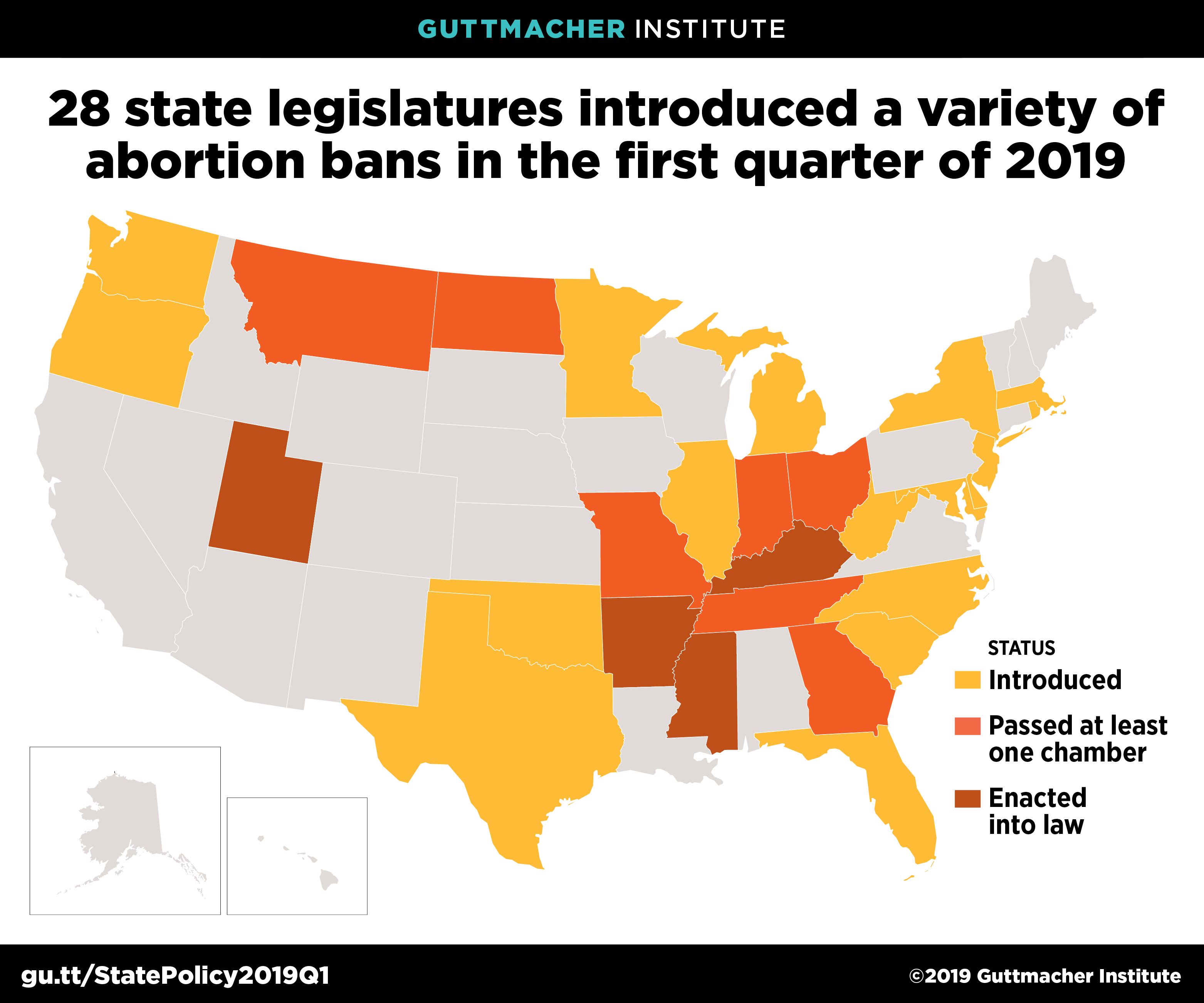Abortion Laws in States: Understanding Your Rights

Understanding Abortion Laws in States
What are the Current Abortion Laws in the United States?
The current legal status of abortion in the United States is determined by the landmark Supreme Court decision in Roe v. Wade. This decision legalized abortion nationwide in 1973, but also allowed states to regulate abortion access in certain ways. Since then, many states have passed laws that restrict abortion access, such as waiting periods, mandatory ultrasounds, and parental consent requirements.
How are Abortion Laws Different in Each State?
Each state has its own set of laws that regulate abortion access. Some states have laws that make it difficult or even impossible to access abortion services, while others have more lenient laws that allow for greater access. These laws can include waiting periods, mandatory counseling, ultrasound requirements, and facility regulations.
What are the Different Types of Abortion Laws in States?
There are several types of abortion laws in states, including:
- Waiting periods, which require women to wait a certain amount of time before getting an abortion
- Ultrasound requirements, which mandate that women receive an ultrasound before getting an abortion
- Parental consent or notification laws, which require minors to obtain consent from a parent or guardian before getting an abortion
- Facility regulations, which impose additional requirements on abortion clinics
What are the Consequences of Abortion Laws in States?
The consequences of abortion laws in states can be severe. Women who live in states with restrictive abortion laws may have difficulty accessing care, which can lead to delayed or unsafe abortions. This can result in serious health complications or even death. Additionally, restrictive abortion laws can force women to carry unwanted pregnancies to term, which can have negative consequences for their physical and mental health.
Pros and Cons of Abortion Laws
Pros
- Provide regulation and safety standards for abortion clinics
- Protect the rights of unborn fetuses
- Reduce the number of abortions performed
Cons
- Limit women's reproductive rights and access to healthcare
- Can lead to unsafe abortions and health complications
- Disproportionately affect low-income and marginalized communities
FAQ
Q: What is Roe v. Wade?
A: Roe v. Wade was a landmark Supreme Court decision that legalized abortion nationwide in 1973.
Q: Can minors get abortions without parental consent?
A: It depends on the state. Some states require parental consent or notification, while others do not.
Q: Are there any federal laws that regulate abortion?
A: No, abortion is regulated at the state level.
Q: Can women be prosecuted for having abortions?
A: It is unlikely, as the Supreme Court has ruled that women have a constitutional right to abortion. However, some states have attempted to pass laws that would criminalize abortion.
Conclusion
Understanding abortion laws in states is crucial for women to be able to access the care they need. While these laws can have serious consequences for women's reproductive rights and health, it is important to stay informed and advocate for change. By working together, we can ensure that all women have access to safe and legal abortion services.
